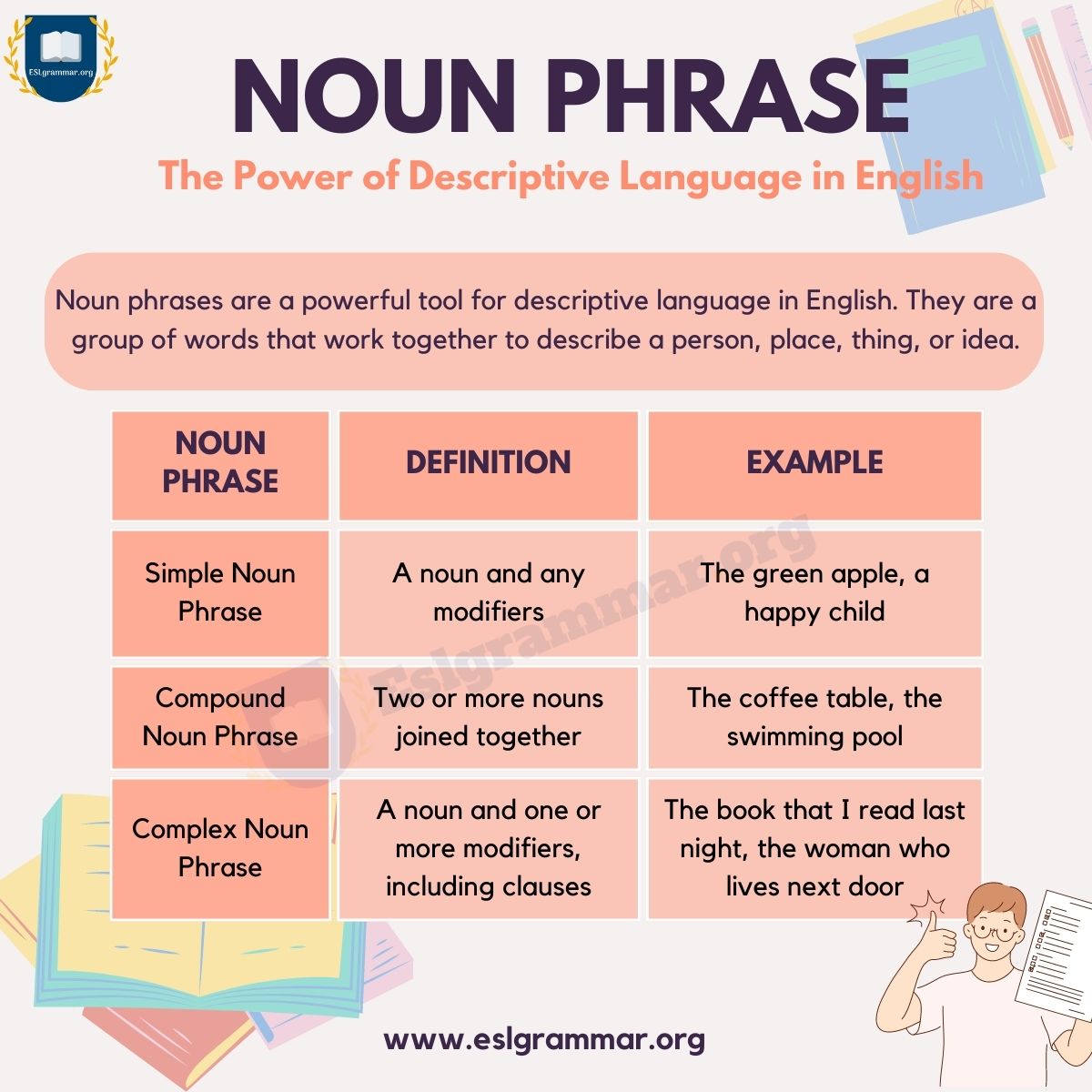There's nothing quite like the moment when "I love you" slips out unintentionally, leaving you to wonder about its meaning and significance. This simple yet profound phrase carries a weight that can change relationships in an instant. Whether it's said in a moment of vulnerability or accidentally during a casual conversation, the impact of "I love you slipped out" can be life-altering. Understanding its meaning and consequences is essential for anyone navigating the complexities of human connection.
Love is one of the most powerful emotions, and expressing it through words can have a lasting effect. The phrase "I love you" is not just a combination of words but a declaration that can evoke joy, confusion, or even fear. When said unintentionally, it raises questions about sincerity, timing, and the future of the relationship. This article aims to explore the meaning and impact of this phrase, providing insights into its psychological and emotional dimensions.
By the end of this article, you'll have a deeper understanding of why "I love you" might slip out, its potential effects, and how to navigate such situations. Whether you're looking for clarity or advice, this exploration will offer valuable perspectives on the power of these three little words.
Read also:Unveiling The Legacy Of John Duff Cock A Comprehensive Guide
Table of Contents
- The Meaning of "I Love You Slipped Out"
- Psychology Behind the Phrase
- The Impact on Relationships
- Importance of Timing
- Effective Communication Strategies
- Common Reactions to the Phrase
- Assessing Sincerity
- Cultural Perspectives
- Tips for Handling the Situation
- Conclusion and Final Thoughts
The Meaning of "I Love You Slipped Out"
When "I love you" slips out, it often happens at unexpected moments, catching both the speaker and the listener off guard. This phrase, though brief, carries a depth of emotion that can signify a turning point in any relationship. It can indicate genuine feelings, a momentary lapse in judgment, or even a subconscious desire to express affection.
What Does It Mean?
The meaning of "I love you slipped out" varies depending on the context. In some cases, it reflects deep-seated emotions that have been brewing beneath the surface. For others, it may simply be a slip of the tongue with no real significance. Regardless of the intent, the phrase can lead to a range of emotions, from excitement to anxiety.
- Genuine Expression: The speaker may have been suppressing their feelings and the phrase finally escapes.
- Accidental Utterance: In some instances, it may be an unintentional slip without deeper meaning.
- Momentary Vulnerability: Emotional situations can sometimes lead to unplanned declarations.
Psychology Behind the Phrase
Understanding the psychology behind "I love you slipped out" requires examining the role of emotions and subconscious thoughts. Human beings are wired to express affection, and sometimes these emotions manifest in unexpected ways. The brain processes complex feelings, and in moments of vulnerability, these emotions can surface through speech.
Emotional Triggers
Several factors contribute to why someone might unintentionally say "I love you." Emotional triggers such as stress, happiness, or even sadness can play a significant role. According to a study published in the Journal of Social and Personal Relationships, emotional intensity often leads to increased verbal expression, which can result in unintended declarations.
The Impact on Relationships
When "I love you" slips out, the impact on a relationship can be profound. It may strengthen the bond between two individuals or create tension if the timing is inappropriate. The phrase can also lead to misunderstandings if the listener perceives it differently from the speaker's intent.
Read also:Harry Wayne Casey Wife Exploring The Life And Love Of A Music Legend
Positive Effects
In many cases, an unplanned "I love you" can deepen the connection between partners. It can serve as a catalyst for meaningful conversations and a deeper understanding of each other's feelings. According to relationship expert Dr. John Gottman, expressing love, even unintentionally, can enhance emotional intimacy.
Negative Effects
However, if the timing is off or the listener isn't ready to hear those words, it can cause discomfort or confusion. The phrase might lead to awkwardness or even a rift in the relationship. It's crucial to address such moments with care and sensitivity.
Importance of Timing
The timing of an "I love you" declaration is crucial. Saying it too early or in the wrong context can have unintended consequences. Research shows that individuals often gauge the appropriateness of expressing love based on the stage of their relationship and the level of commitment.
When Is It Appropriate?
Experts suggest that the phrase should be shared when both parties feel ready and the relationship has reached a level of trust and understanding. Timing is key to ensuring that the declaration is well-received and reciprocated.
Effective Communication Strategies
Communication plays a vital role in navigating the aftermath of an unintended "I love you" declaration. Open and honest dialogue can help clarify intentions and resolve any misunderstandings.
Tips for Effective Communication
- Be Honest: Share your true feelings without hiding behind excuses.
- Listen Actively: Pay attention to the other person's response and validate their emotions.
- Discuss Expectations: Talk about what each of you hopes for in the relationship moving forward.
Common Reactions to the Phrase
Reactions to an unplanned "I love you" can vary widely. Some people might respond with joy and reciprocate the sentiment, while others might feel overwhelmed or unsure. Understanding these reactions can help in managing the situation effectively.
How to Handle Different Reactions
Whether the listener reacts positively or negatively, it's important to remain calm and respectful. If they seem hesitant, give them space to process their emotions. If they respond positively, celebrate the moment and deepen your connection.
Assessing Sincerity
One of the biggest concerns after an unplanned declaration is whether the speaker truly meant it. Assessing sincerity involves looking beyond the words and considering the context and the relationship's history.
Signs of Genuine Affection
- Consistent Behavior: The speaker's actions align with their words.
- Emotional Depth: The declaration is followed by meaningful conversations about the relationship.
- Body Language: Non-verbal cues reinforce the sincerity of the statement.
Cultural Perspectives
Cultural norms also influence how "I love you" is perceived and expressed. In some cultures, saying these words is a common practice, while in others, it might be considered too forward or inappropriate. Understanding cultural differences can provide valuable insights into how the phrase is interpreted globally.
Global Variations
For example, in Western cultures, expressing love verbally is often encouraged and seen as a sign of emotional health. In contrast, many Eastern cultures place more emphasis on actions rather than words, making verbal declarations less frequent.
Tips for Handling the Situation
Dealing with an unplanned "I love you" requires tact and empathy. Here are some tips to help you navigate the situation effectively:
- Stay Calm: Keep your emotions in check and approach the situation with a level head.
- Be Respectful: Acknowledge the other person's feelings and give them space to process.
- Communicate Openly: Encourage honest discussions to clarify any misunderstandings.
Conclusion and Final Thoughts
In conclusion, "I love you slipped out" is a phrase that carries immense emotional weight and can significantly impact relationships. Understanding its meaning, psychological underpinnings, and cultural implications is essential for navigating such moments effectively. Whether it's a genuine declaration or an accidental utterance, addressing it with care and respect is crucial.
We invite you to share your thoughts and experiences in the comments below. Your insights can help others who might be going through similar situations. Additionally, explore our other articles for more advice on relationships and personal growth. Together, let's create a community where love and understanding thrive.

